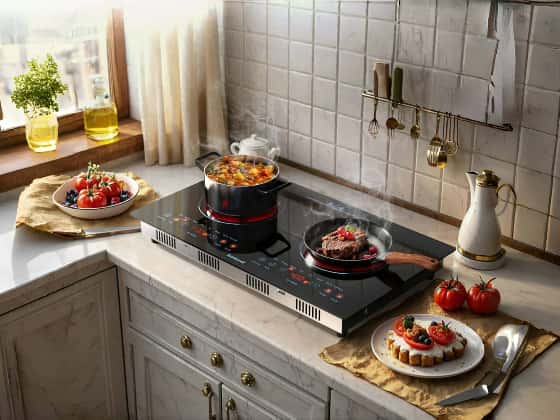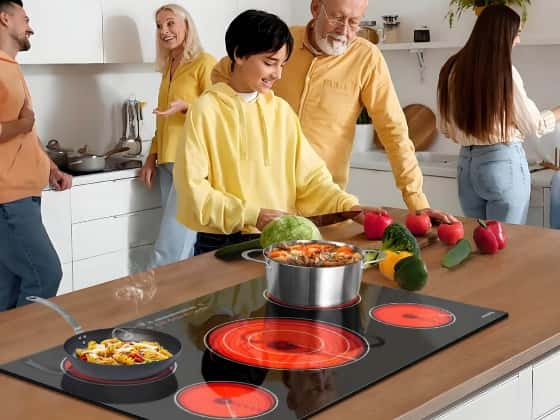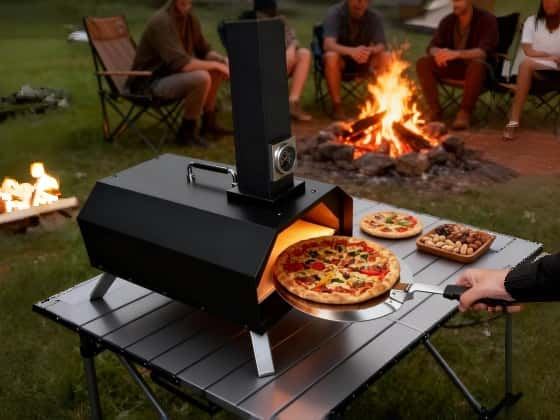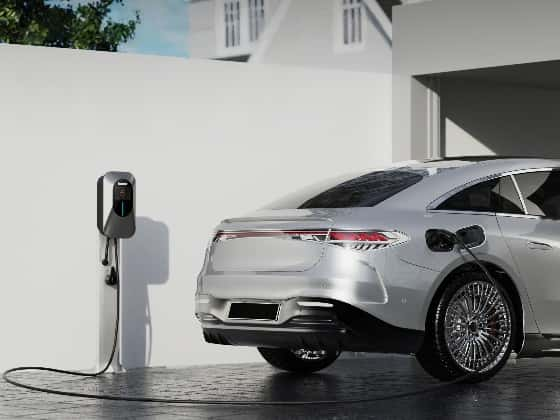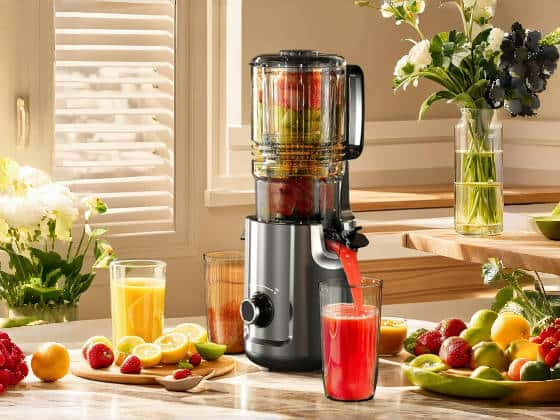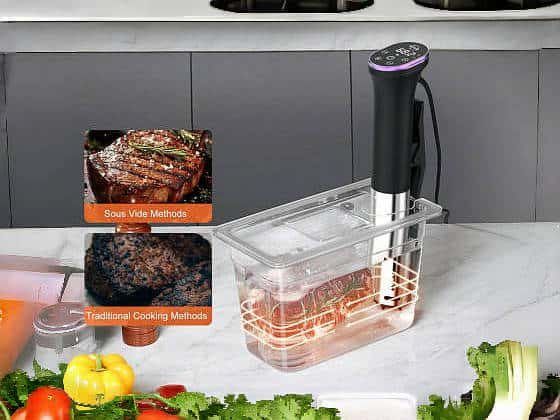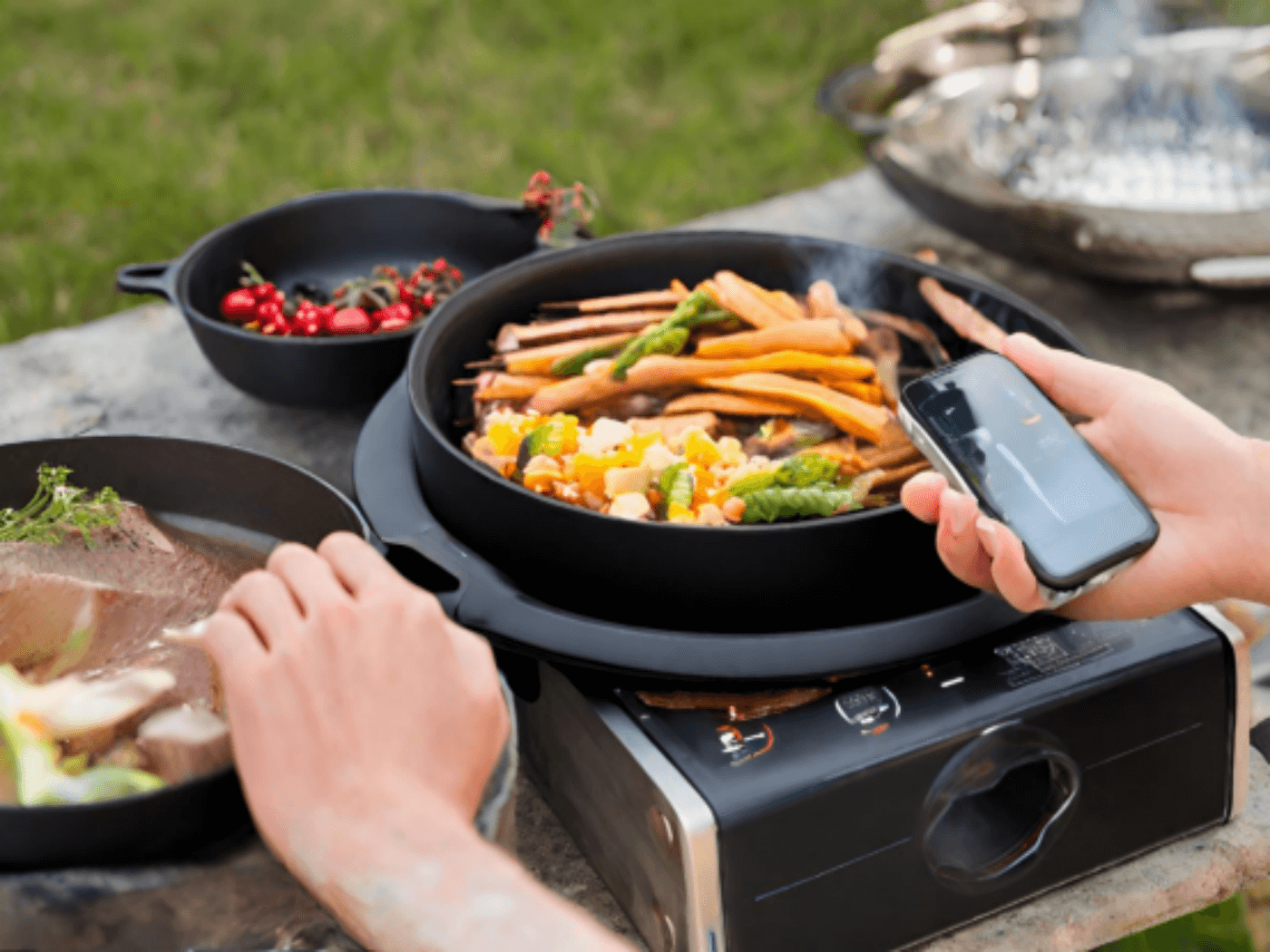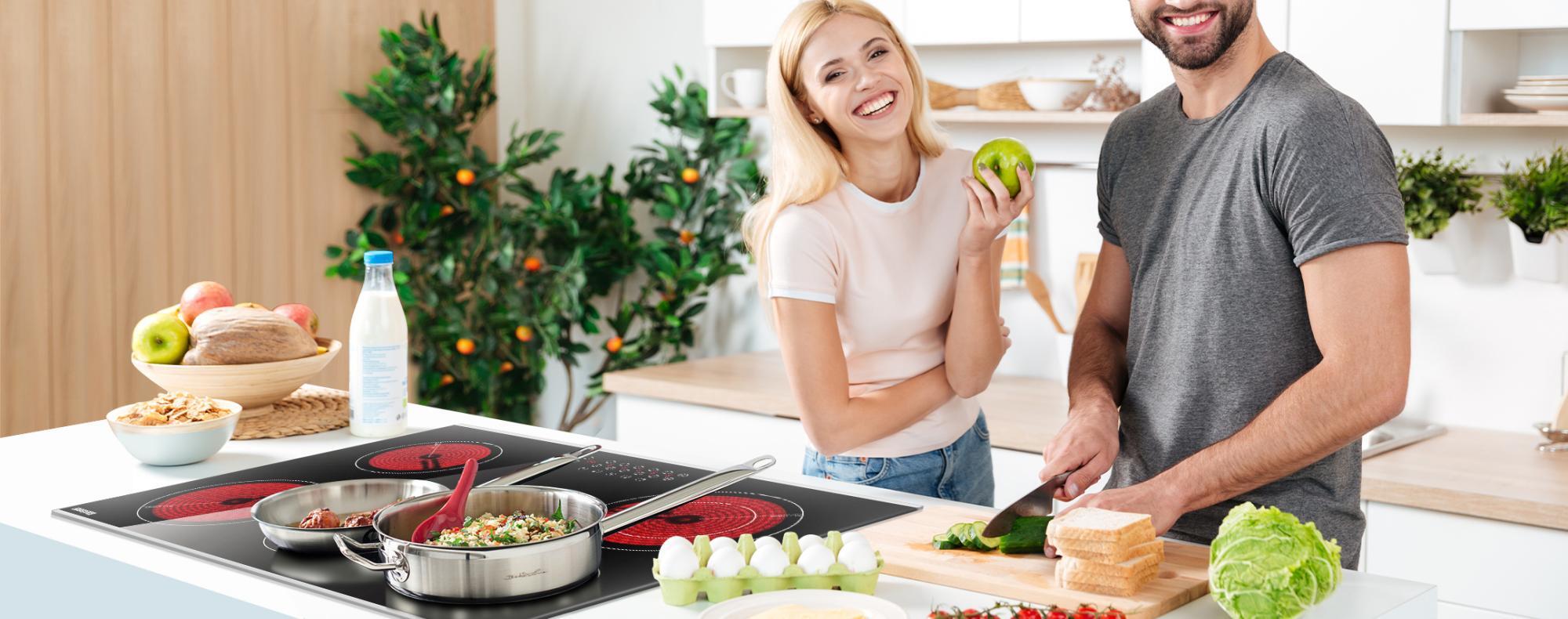
1. Understanding the Basics of Induction Cooktops
Induction cooktops work on the principle of electromagnetic induction. Unlike conventional stoves that heat the cookware indirectly, induction cooktops generate heat directly within the pot or pan, resulting in rapid, precise, and energy-efficient cooking.
2. The Appeal of Induction Cooktops over Gas and Electric Stoves
Induction cooktops offer several advantages over traditional gas and electric stoves. They heat up much quicker, provide precise temperature control, and are safer because they don't have open flames or exposed heating elements. Plus, they're easy to clean thanks to their flat ceramic surface.
3. The Requirement for Induction-Compatible Cookware
The magic of induction cooktops relies on the cookware being magnetic. This means that materials like cast iron and most stainless-steel pans work well. However, aluminum, copper, glass, and ceramic cookware are incompatible unless they have a special induction-ready base. A simple magnet test can help you determine if your existing pots and pans will work.
4. Exploring Different Types and Sizes of Induction Cooktops
From portable single-burner units to built-in multi-burner models, induction cooktops come in a variety of types and sizes to suit different needs. For instance, a 30-inch induction cooktop is a popular choice for many home chefs due to its ample cooking space and versatility.
5. The Power and Performance of Induction Cooktops
When it comes to power, induction cooktops can range from 1,400 watts to over 3,700 watts. The higher the wattage, the faster and more powerful the cooking. Some models even offer a "power boost" feature for an extra surge of heat.
6. The Importance of Ventilation with Induction Cooktops
Despite producing less residual heat than gas stoves, induction cooktops still require adequate ventilation to remove steam and cooking odors. Depending on your kitchen layout, you might opt for an overhead hood, a downdraft vent, or a range hood with built-in ventilation.
7. The Convenience of Special Features
Many induction cooktops come packed with advanced features such as touch controls, digital displays, preset cooking modes, and safety functions like automatic shut-off and child lock. Some higher-end models even offer smart connectivity for remote control via a smartphone app.
8. The Use of Griddles and Other Accessories on Induction Cooktops
While flat-bottomed pans are the norm for induction cooking, you can also use griddles designed for induction cooktops. These flat, wide pans are perfect for cooking pancakes, bacon, and other breakfast favorites. Additionally, you might find accessories like induction-compatible pressure cookers, woks, and teapots useful.
9. The Cost and Energy Efficiency of Induction Cooktops
Although induction cooktops tend to be more expensive upfront than their gas and electric counterparts, they can save you money in the long run due to their superior energy efficiency. With nearly 90% of the heat they generate going directly into the pot, they can cook food faster using less energy.
10. The Care and Maintenance of Induction Cooktops
Maintaining an induction cooktop is relatively straightforward. The smooth ceramic surface can be easily wiped clean with a damp cloth or a mild cleaning solution. Avoid using abrasive cleaners or hard scouring pads, which can scratch the surface. Also, ensure the ventilation system is kept clean and clear for optimal performance.
Karinear
Karinear is a brand that offers high-quality electric cooktops. Their products come with impressive features like multiple burners, precise temperature control, easy-to-clean surfaces, and sleek designs
Conclusion
Embracing the power of induction cooking can revolutionize your culinary experience. Whether you're cooking a weeknight dinner or hosting a festive gathering, these tips will help you make the most of your induction cooktop. Happy cooking!

